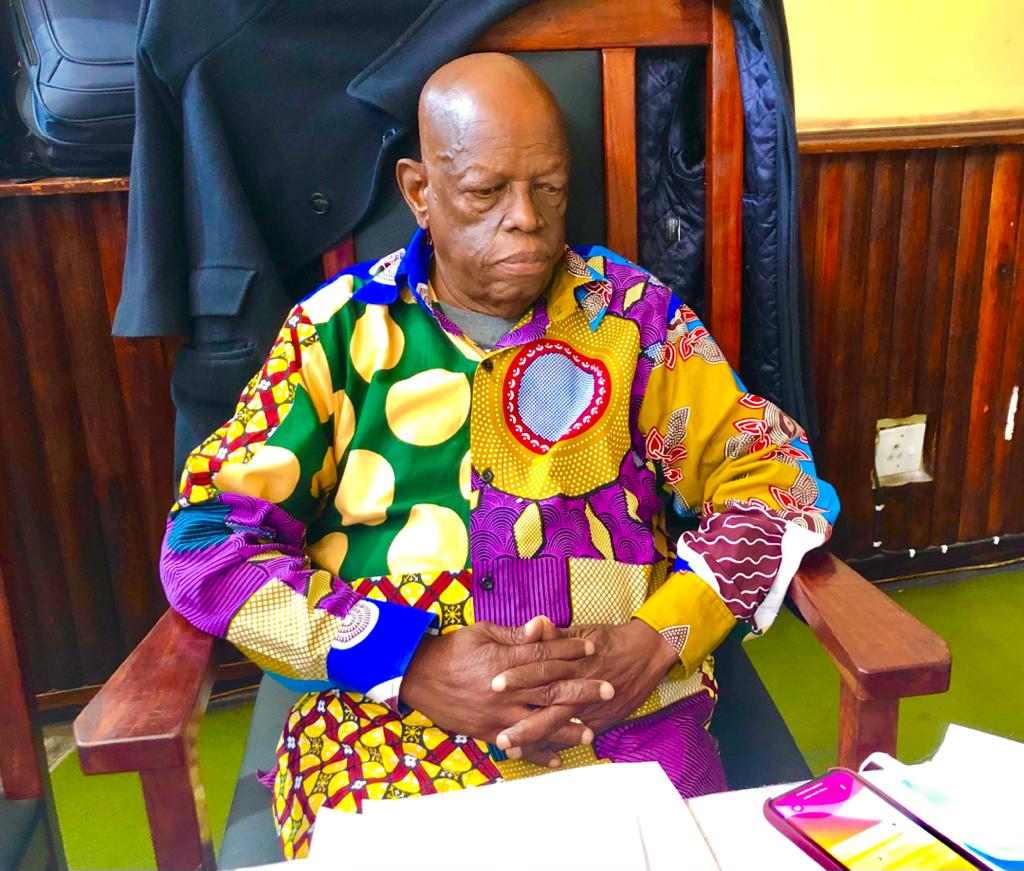Politicians who lack training on morals are behind corruption, as they cannot respect and protect state resources, former war veterans’ minister, Tshinga Dube has said.
Dube, a member of the Zanu-PF politburo, is convinced that the high levels of corruption witnessed in African countries have given imperialists a reason to ‘laugh’ at black-led governments for failing to govern properly.
Corruption in Zimbabwe has become endemic within its political, private, civil sectors and continues to have negative direct and indirect impact on the performance of public systems, as public resources are continuously diverted for private gain.
The former minister explained that looking after resources that belong to others was a moral issue, which requires discipline, adding if leaders lack moral training, they are likely to misuse public funds.
“You have never had any money and are now in charge of looking after the state money, which is a lot of money, you get excited. You never had that training, even at school – it won’t train you how to do that. This is a moral issue, where you are trained by your parents and society where you live,” he said while addressing journalists in Bulawayo on Africa Day.
“If I say ‘look after my ten thousand dollars’, you learn to look after it. But if you don’t have that moral training you will find that this money might create problems for you and you end up in night clubs, entertaining friends, buying nice shoes when you know it’s not your money.”
Dube stressed corruption is a moral issue, adding without morals, one would have problems.
“If you have no morality, it is very difficult to control yourself and say these are don’ts. That’s why people end up getting everything for themselves, which doesn’t belong to them but belongs to the people. You take it because you were given that chance of looking after it,” he said.
The Zanu-PF politburo member added corruption was “of course, a very evil thing” as corrupt individuals were not satisfied even if they amassed wealth and became ‘billionaires.’
“They want more and more. So you have this problem, but it also becomes good for imperialists because it serves as a way to say, ‘Look, we told you these people can’t do anything. They are just something else, look at what they are doing,” Dube said.
He noted that corruption was not only happening in one country but in many African countries.
“We are from the same school of growth, we are not different. They also came from hunger and starvation so they are tasting the gravy to be in the gravy train,” said the former minister.
“When you don’t drink at home but see your parents drinking and yet tell you drinking is not good, the day you have an opportunity to drink on your own, you will be the worst drunkard. This analogy goes the same for a lot of other issues, as you say you were oppressed for a long time. Now you have a situation whereby you see plenty, when you never had during your lifetime, you become wild. You want to fill your pockets as much as soon as possible, because you are not used to it, you know. This is exactly what happens. And people sometimes get excited.”
According to the 2020 Corruption Perceptions Index, the country is ranked 24 out of 100 where zero is highly corrupt and 100 is very clean.
This score is below the continent’s average of 32 and the index ranks 180 countries and territories by their perceived levels of public sector corruption, of which Zimbabwe is ranked number 157 out of 180.

